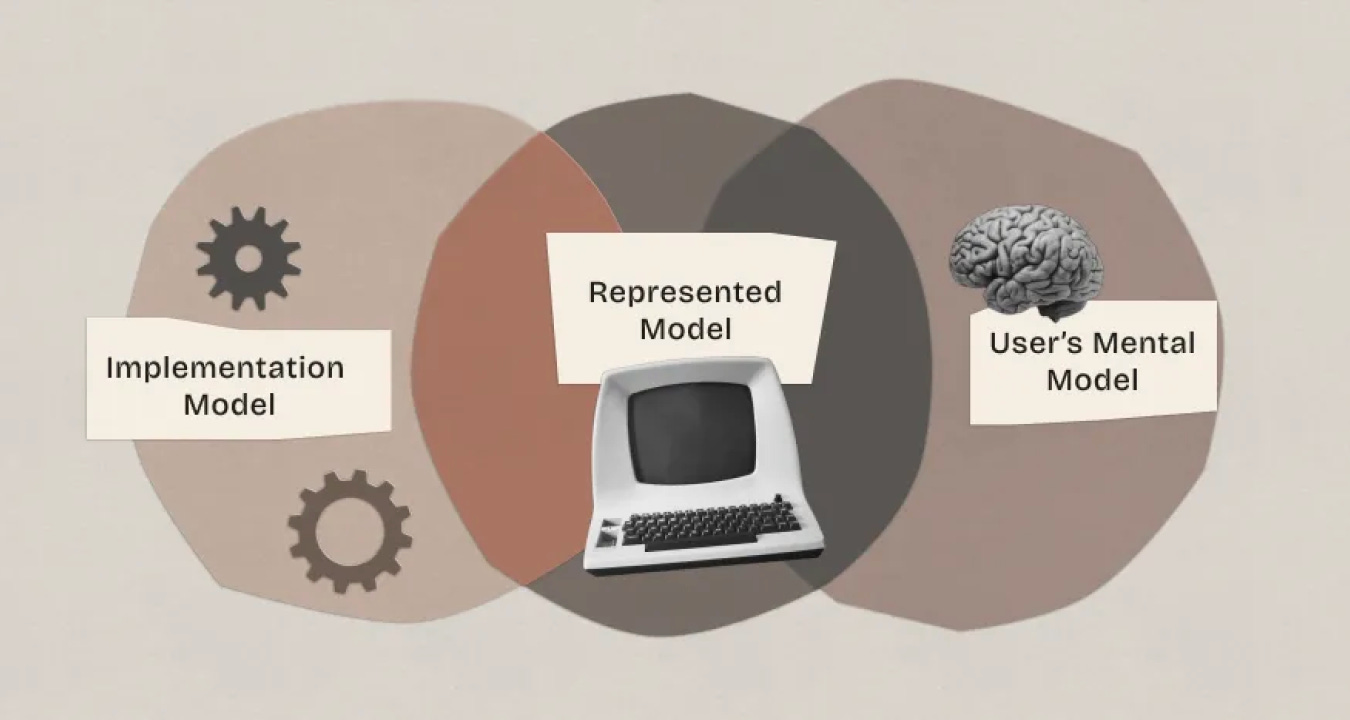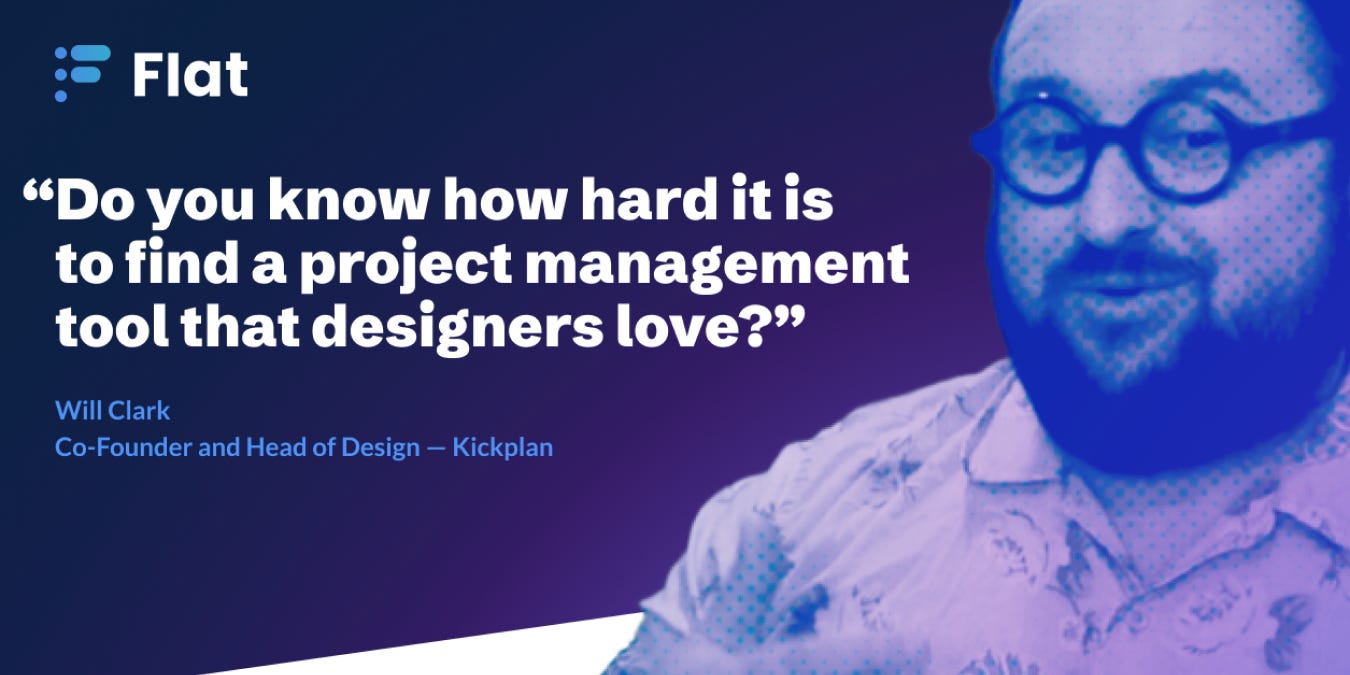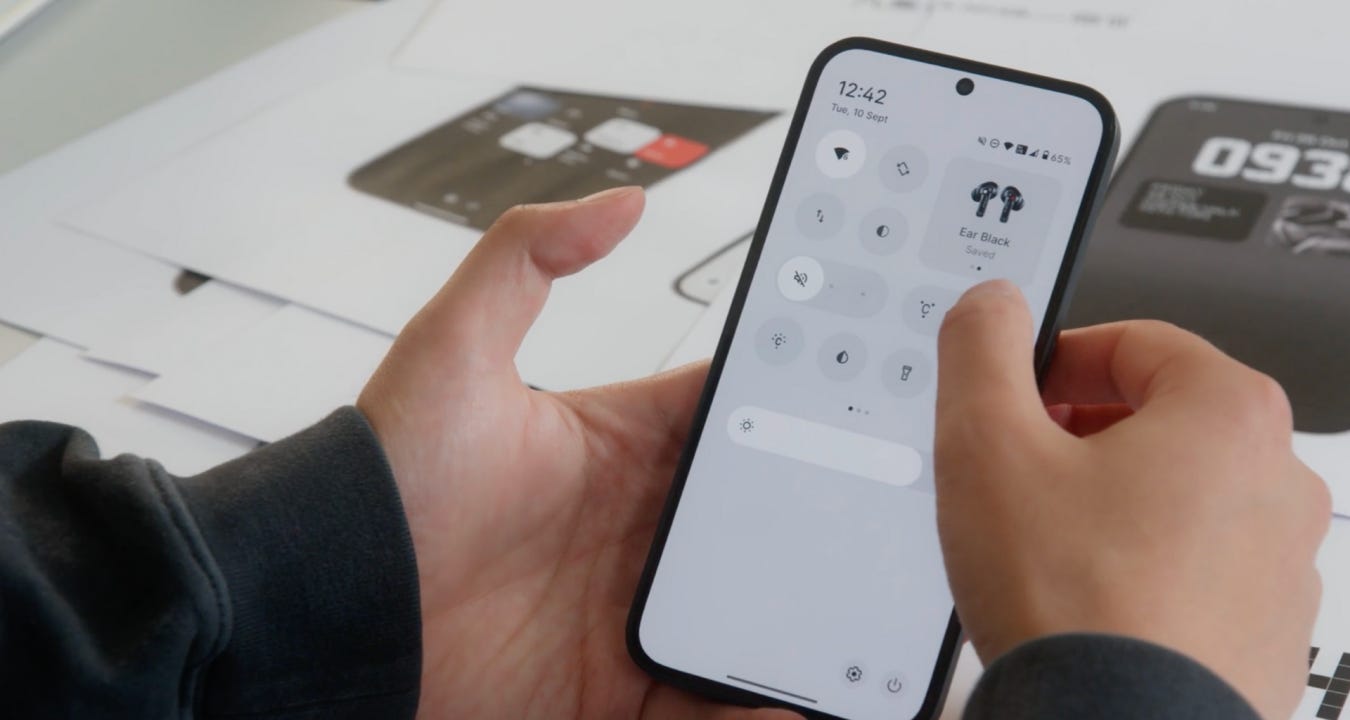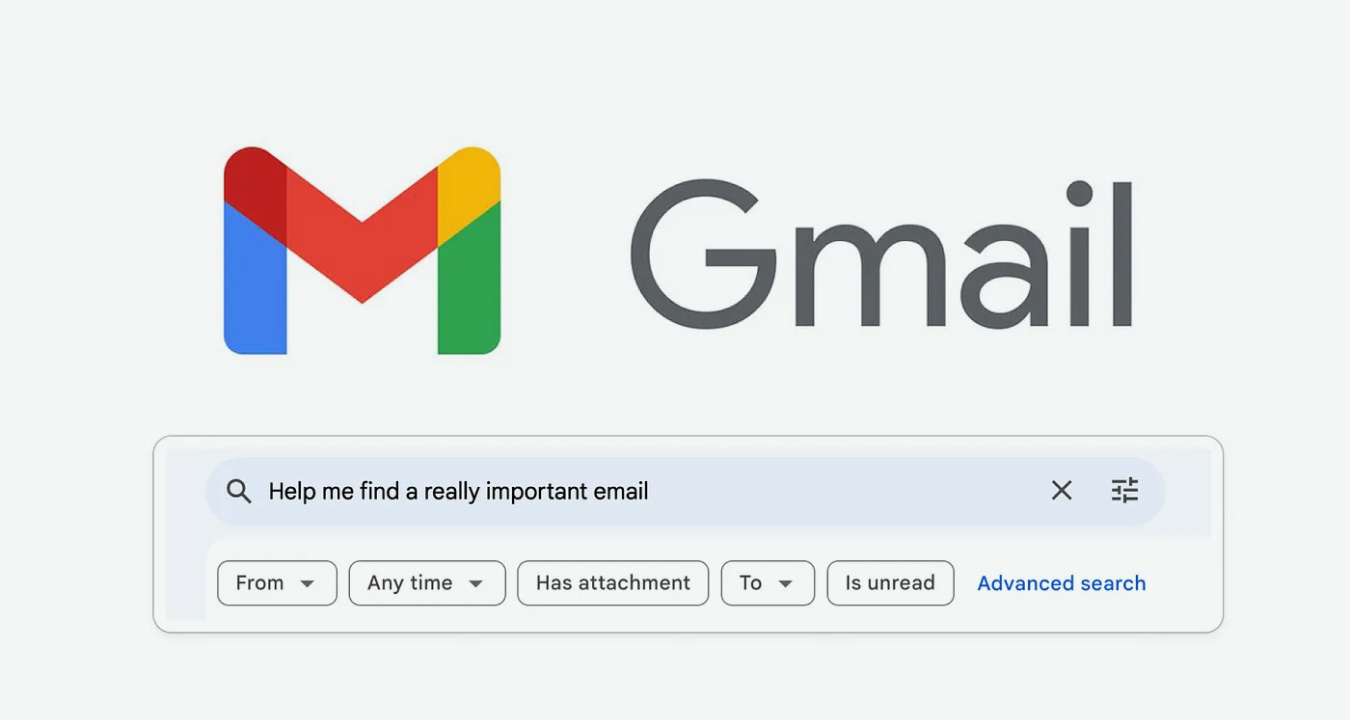Are you considering the developer’s mental model?
Weekly curated resources for designers — thinkers and makers.
“However, when it comes to building a product, the way different roles approach decisions is shaped by their own experiences and thought processes. This is because our brains naturally rely on familiar information.
When a CTO works on a product, their mental framework already includes a deep understanding of the backend and product logic, as they have spent significant time with it. It’s natural for them to project that knowledge onto the interface, assuming that users will perceive information similarly. And for the CEO, the product’s structure and logic, which they engage with daily, seem like the best way to organize information, given their close connection to it.”
Are you considering the developer’s mental model? →
Fed up with bloated project management tools? So were we →
[Sponsored] Flat keeps your work organized and your team aligned with no frustration and no complex setup.
Editor picks
A modern office metaphor mania →
Where’s the humanness in workplace interface metaphors?Setting up UX office hours in your organization →
Extend your impact beyond your capacity.Choice is not the enemy →
When “don’t make users choose” is a lie.
The UX Collective is an independent design publication that elevates unheard design voices and helps designers think more critically about their work.
Make me think
Every webpage deserves to be a place →
“And if you’re in there - which is rare - and somebody else happens to step in at the exact same moment - which is super rare - then you’re like, huh, that’s nice, and you feel the cosy glow of co-presence and finish looking at the pictures then wander out again.”How Gmail solved the “impossible” problem →
“The Gmail team discovered that perfect precision wasn’t necessary for people. The value-add of grouping an entire conversation in one place far outweighed any minor confusion from edge cases.”The power of mentorship: why every creative needs a mentor →
“Being a creative is not just about honing your technical skills—it’s also about overcoming emotional challenges like self-doubt and creative block. Mentors provide crucial support during these difficult times.”
Little gems this week
Improving search: a case study of Gmail →
Deceptive UX as an accelerant for transformation →
Competing for user attention →
Tools and resources
Simplifying documentation writing →
The toughest part of a design system.Component spec →
The design system component delivery.Analyzing Duolingo’s retention techniques →
How they keep users motivated.
Support the newsletter
If you find our content helpful, here’s how you can support us:
Check out this week’s sponsor to support their work too
Forward this email to a friend and invite them to subscribe







